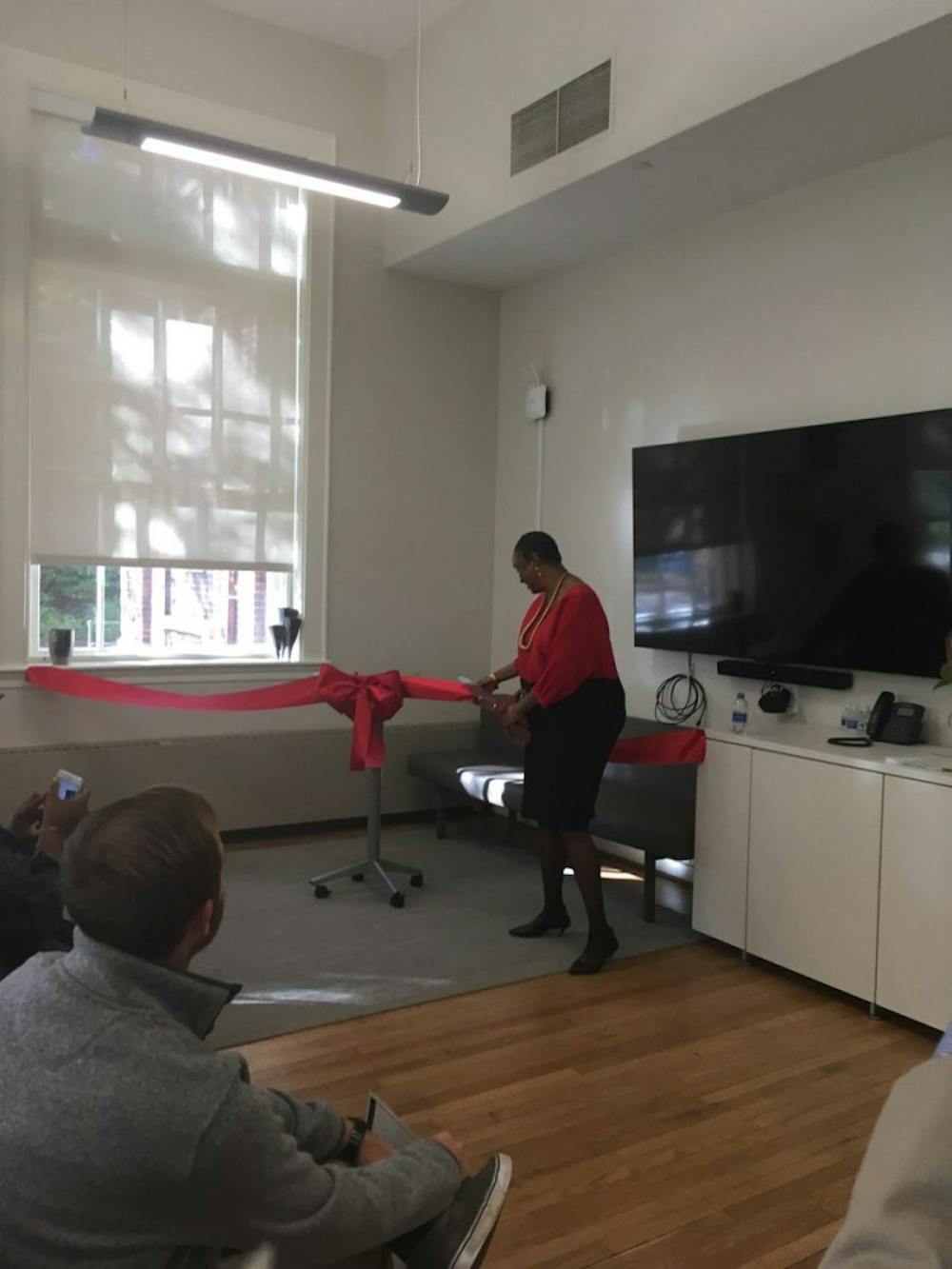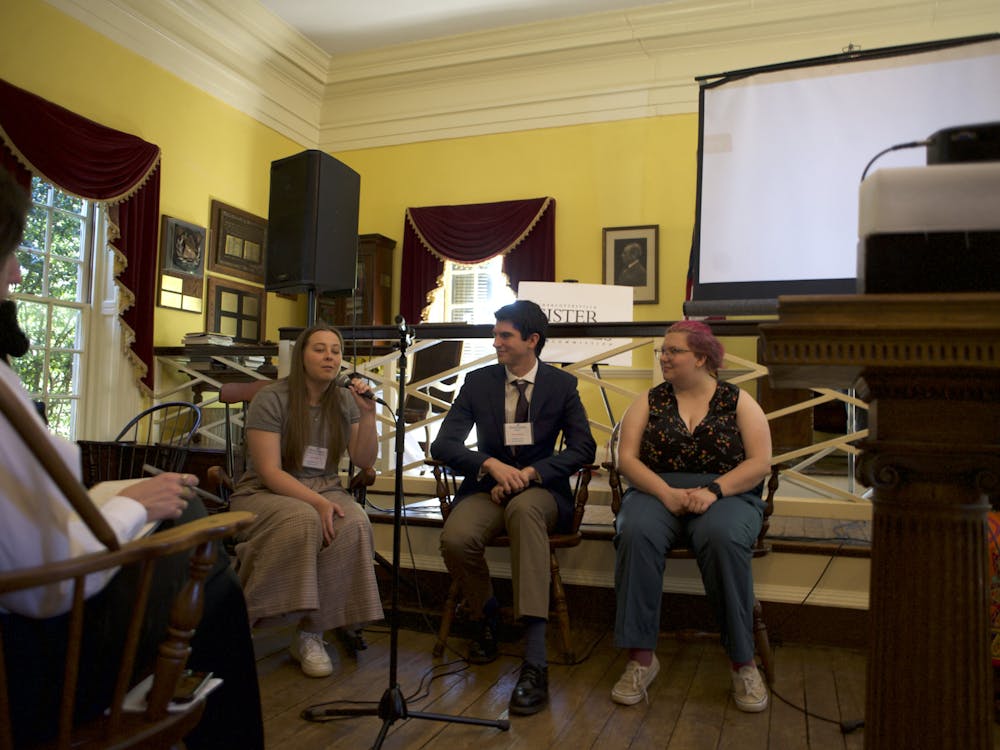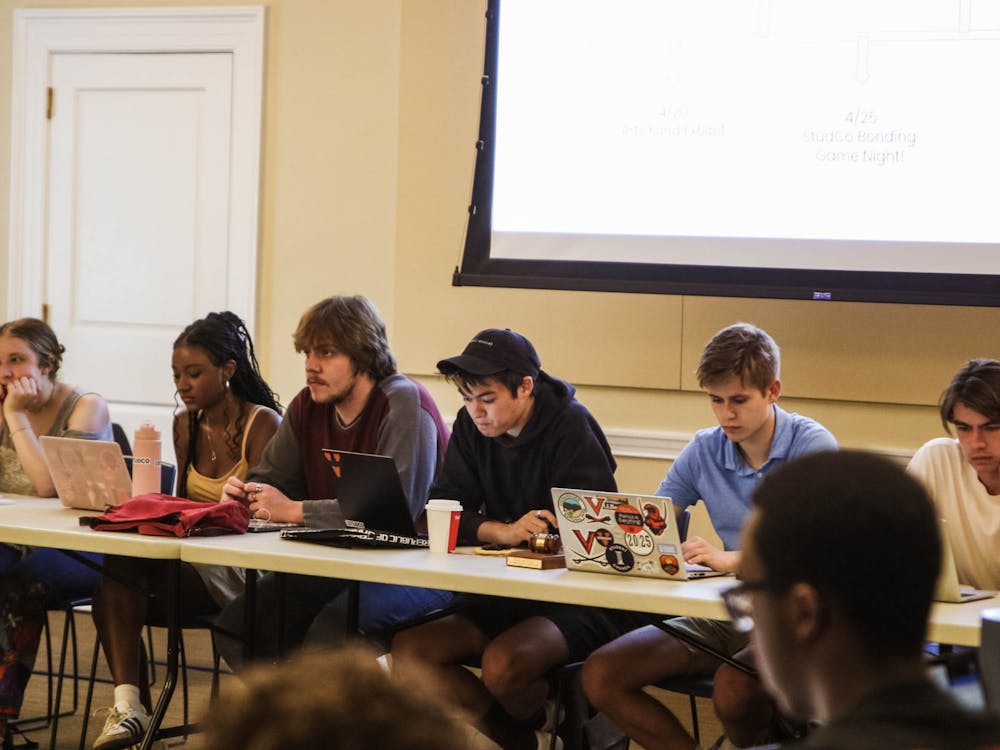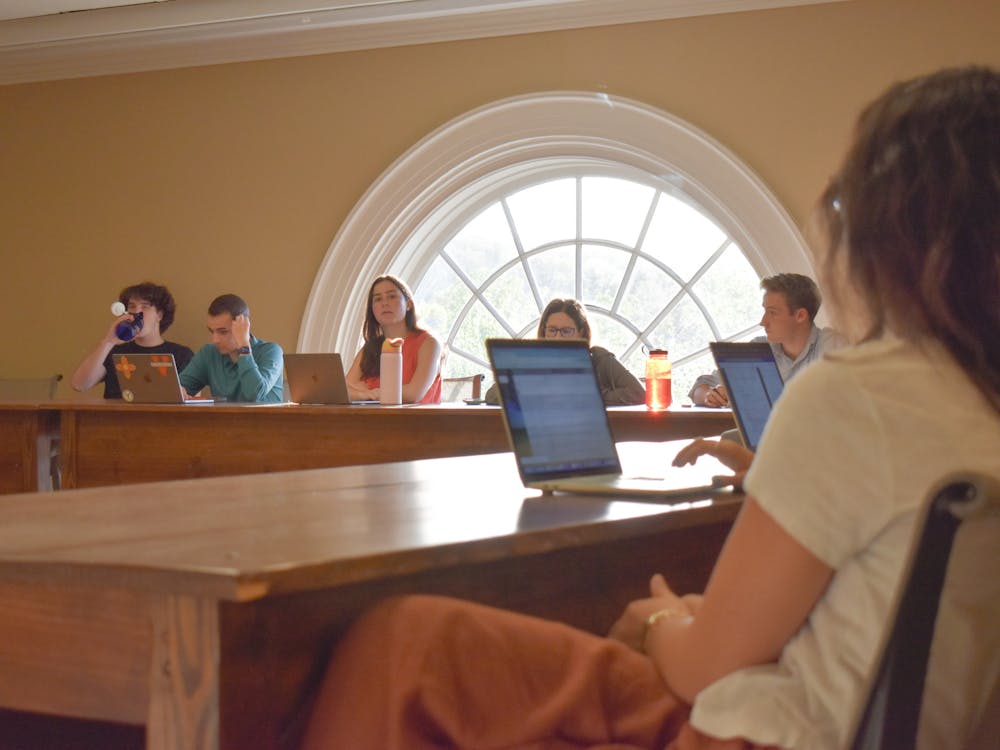Following several University hurdles and approval from the State Council on Higher Education, the Carter G. Woodson Institute for African-American and African Studies officially became an academic department this week. The transition, which was accelerated by the arrival of College Dean Ian Baucom in 2014, comes after years of appeals and requests by members of the institute.
Deborah McDowell, director of the institute, said the transition to a department gives the institute more freedom in developing a unique curriculum with distinguished faculty members.
“The institute has existed since 1981 and for the entirety of that time, it has been a program,” McDowell said. “A program signals secondary status in an institution of higher learning.”
“Because this institution seeks to be recognized as a flagship institution .... It was well overdue that it moved the unit from program status to departmental status,” she added.
The institute oversees the African-American and African Studies undergraduate course of study, which includes a major, minor and distinguished majors program. The institute also has a residential fellowship program.
As a program, the institute mainly pursued its goals by working with existing schools and departments within the University while remaining a separate entity. This represents a significant change in how the department operates, allowing it to function autonomously while continuing to achieve interdisciplinary perspectives on research and teaching.
McDowell said there was a lack of support for department status from previous deans and expressed her gratitude to Baucom for “having the vision to push us to apply for departmental status” and being “absolutely essential to this process.”
“Many people have assumed that because of its origins, this field of study has always been hampered by assumptions that it was not a legitimate field of study but rather something formed in the heat of battle to satisfy political, as opposed to intellectual demands and prerogatives,” McDowell said.
While the program only recently became a department, its fellowship program has established the Woodson Institute as a leader among institutions of higher learning.
“We would hope that we would receive an additional budget commensurate with our unique status and commensurate with the distinction we bring to the college and the wider university,” McDowell said.
Looking forward, the Woodson Institute would like to use an increase in funding from the University to offer a graduate program and a certificate program for students interested in African-American Studies.
The institute’s transition into an academic department has also been supported by the Black Student Alliance. BSA President Wes Gobar, a fourth-year College student, said the initiative is “great for the University as a whole.”
“I think it changes the culture and education for a lot of people at the University,” Gobar said. “The Carter G. Woodson department has a lot more freedom. I think it’s great timing, and I look forward to seeing great things from the department in response to [the events of] August 12th.”
Marlene Daut, an associate professor of English and African Diaspora Studies, expressed a similar view.
“Especially at this moment right now, when we’re talking about race and the University's past with slavery, it is more crucial now than ever to emphasize the work that has long been going on at Woodson and for the University to demonstrate that they want to keep the Woodson Institute and they value it,” Daut said.
Correction: This article previously misquoted McDowell as saying "intellectual demands and derogatives." The article has been updated to read "intellectual demands and prerogatives."





